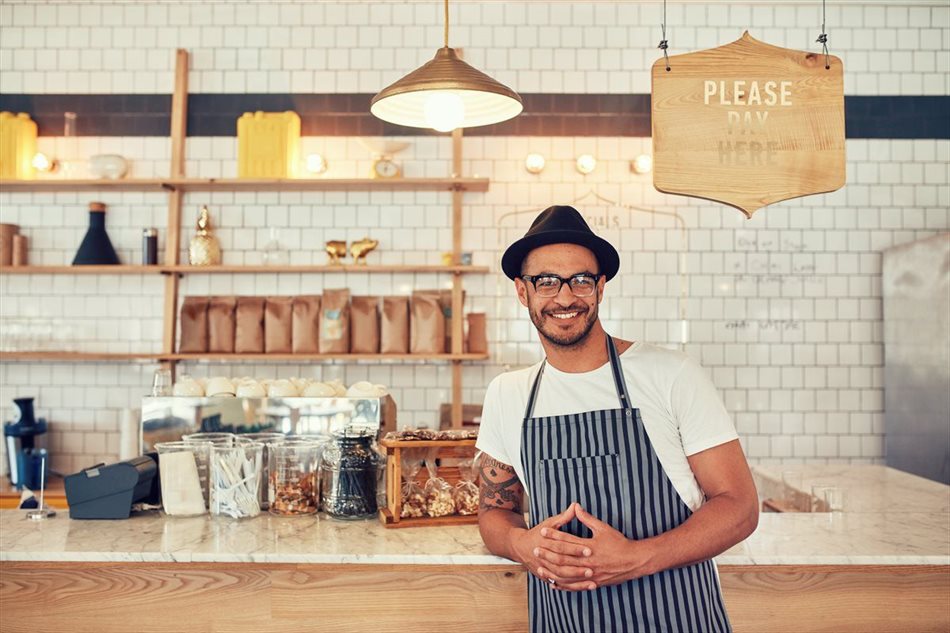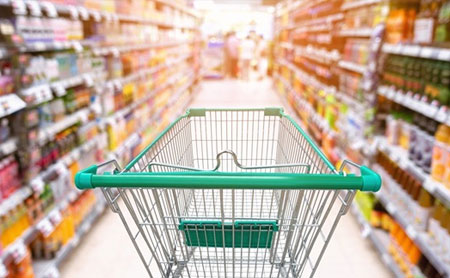The current coronavirus pandemic and ensuing lockdown period continue to leave the food and beverage industry teetering on the brink. Every day, more and more restaurateurs face the grim prospect of closing their doors, many of them permanently.
While the current lockdown regulations do allow for restaurants to operate under certain conditions, the recent reintroduction of the alcohol sales ban, coupled with the 9pm curfew, meant that many of these establishments have lost access to vital portions of their revenue stream.
Already under strain due to a lack of customers, this latest prohibition is proving too much for some.
A cold dish of realism
Although we are yet to see official data on the matter, reports estimate that more than 15,000 restaurants across South Africa have closed their doors. This has led to an astounding 70% of industry staff being retrenched, which equates to almost 800,000 jobs.
In April 2020, the food and beverage industry generated only R241m in revenue, compared to R4.5bn during the same period last year. The alcohol industry alone has, to date, incurred revenue losses of almost R18bn across the span of the lockdown and subsequent bans. The picture for the industry is growing bleaker by the day.
Within the last month, more popular restaurants have announced the permanent closing of their doors. Jason’s Bakery in Bree Street Cape Town, Myoga Restaurant in Rondebosch and Pablo Eggs Go Bar in Melville have all announced in recent weeks that they are shutting their doors. They join a long list of iconic establishments that have already permanently folded due to Covid-19.
Food and beverage industry staff and supporters recently spilled out onto the streets to protest the current restrictions. According to reports, more protests are on the way. The concern for many is that, by the time the curfews are lifted, it will be too late.
An evolutionary process for the food and beverage industry
To survive the current situation, the food and beverage industry will need to evolve. Processes and procedures will need to be adapted. Restaurants may not look like they once did as seating arrangements will need to change. Stringent hygiene procedures will also need to be adhered to. While it may be challenging to take any positives out of this, the industry needs to transform in order to survive. Some of those changes might be for the better in the long run.
Let’s look at several ways that the food and beverage industry could adapt to survive the pandemic.
1. Develop an online presence
Now might be a good time to update that company website. And quite possibly that Facebook page too. Many businesses have turned to digital platforms to reach out and connect with their customers. Restaurants and bars have an opportunity to do the same.
Several establishments have taken to offering promotions and discounts via their social media pages. Other restaurants are actively engaging with customers, keeping them informed of any changes, reopening dates, planned events, etc. Whichever way they choose to use it, it is critical for restaurants, bars and the like to engage customers online and through social media.
2. Time to deliver
Even though current lockdown rules permit people to dine at restaurants, the reality is that customers aren’t heading in droves to their local eatery just yet. Understandably, there is still concern about the spread of the coronavirus, so many people may opt to eat at home.
Restaurants need to make room for this by possibly offering takeaway meals that can be delivered right to the customer’s doorstep. Many restaurants have developed an online menu for customers who prefer to order their meals at home.
3. Reward customers for their loyalty
The importance of developing a loyal customer base cannot be overstated. By having a strong, loyal customer base, restaurants can boost their income exponentially.
One of the prime methods of harnessing customer loyalty is through a loyalty rewards programme.
Research has shown that the majority of consumers want to interact with companies that have a loyalty programme. Through loyalty programmes, businesses can incentivise their customers to continue supporting them by offering discounts and deals, loyalty points, and instant cashback rewards.
4. Practice good hygiene
This should go without saying, but we’ll say it anyway: restaurants need to ensure that they maintain stringent standards. While current regulations do mandate this, restaurants need to reassure their patrons that health and safety are uppermost in their minds. Going over and above does go a long way in this regard.
What about a marketplace?
An option that seems to be increasing in popularity is the marketplace concept. Restaurants have realised that, although they may want to make adjustments, the cost implications may be too high.
For example, they may want to begin takeaways, but cannot afford the often exorbitant fees that accompany third-party delivery services. For this reason, many restaurants and bars are listing their businesses in marketplaces such as those available in the many mobile wallet apps powered by UBU International.
By listing in the UBU marketplace also means exposure to a massive base of potential new clients, which significantly improves visibility. These customers are already on board, and they are incentivised to purchase from within the apps through instant cashback rewards on every purchase.
We’ve also removed the need for restaurants to set up their own digital payment solution, as customers can pay using their mobile wallet. Through the wallet, customers can click, pay and collect their goods. Or, if a restaurant delivers, clients can make use of the order and delivery service.
There is no need to pay third-party delivery services either, meaning that the restaurant keeps more of its profits! We’re here to help, and we’re offering companies in the food and beverage industry, and any other sector for that matter, everything they need to grow their businesses, without needing to incur high setup costs.
This period has been a watershed moment for the food and beverage sector. And to survive, they will need to reevaluate the way things are done. For businesses who are looking to grow and reach new markets, UBU provides the ideal platform. It offers businesses the opportunity to engage with a broad audience, provides seamless payment options and incentivises your loyal customers to keep coming back for more.
Article Source: https://www.bizcommunity.com/Article/196/785/207725.html





